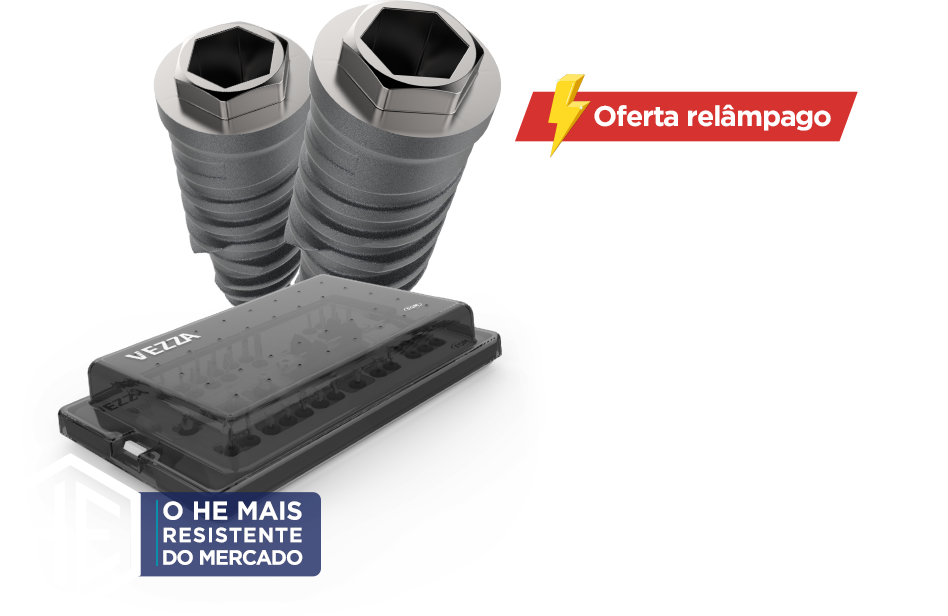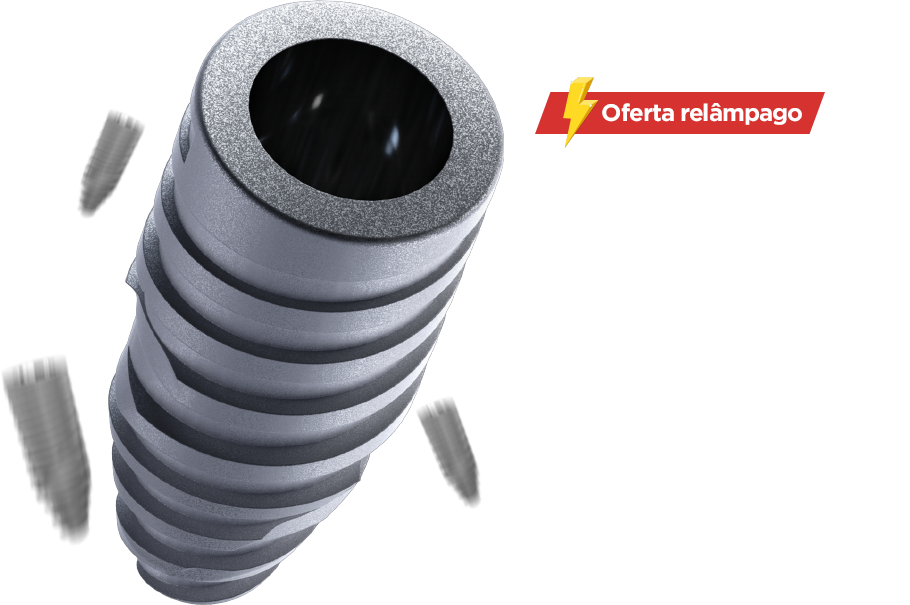What Are the Types of Dental Prostheses?
There are several types of dental prostheses, including fixed prostheses, removable prostheses, and implant-supported prostheses. Implant-supported prostheses are a more stable option, as they are fixed to dental implants, providing greater comfort and security¹.
When Are Implant-Supported Prostheses Necessary?
Implant-supported prostheses are necessary in cases of loss of one or more teeth, aiming to restore masticatory function, aesthetics, and oral health. They are an effective option to replace lost teeth and can be indicated in different situations, from replacing a single tooth to the total rehabilitation of the dental arch¹.
How Long Does It Take to Replace a Tooth with a Dental Implant?
In favorable situations, where there is healthy bone in adequate quantity and density to fix the implant, the procedure called immediate loading can be performed, in which a temporary tooth is placed immediately after the implant is placed. For the placement of the definitive tooth, it is necessary to wait for a period necessary for the bone to heal with the fixation of the implant, also known as osseointegration. The osseointegration time varies according to the surface of the implant used, the bone density, and the location in the jaw where the implant was placed. In extremely favorable conditions, the osseointegration time can be as short as three weeks, but in other situations, a period of up to six months may be necessary¹.
Do Dental Implants Replace Teeth?
Dental Implants are screw-like structures that are fixed in the jawbone, in the place where the absence of one or more teeth is noticed, and that allow their root to be replaced. The objective is to support a prosthesis or crown, placed later, which imitates the color and shape of a natural tooth. In this way, the masticatory and aesthetic function of one or several missing teeth is recovered⁵.
What Care Is Necessary for a Complication-Free Adaptation After Dental Implant Placement?
After the placement of dental implants, some care is essential to ensure a complication-free adaptation, such as following the guidelines for oral hygiene, attending regular follow-up appointments, avoiding smoking, among others. In addition, choosing a qualified professional and carrying out a detailed professional evaluation are fundamental for the success of the treatment⁵.
How to Know if Dental Implants Are Right for You?
To know if Dental Implants are right for you, it is necessary to carry out a detailed professional evaluation, which will consider your clinical condition, your expectations, and desires. The team specialized in oral surgery and Dental Implants will be able to indicate if this is a suitable solution for the renovation of your oral structure⁵.
Sources:
¹ http://www.andradeodonto.com/blog/implante-dental-10-perguntas-e-respostas/
² http://www.prioreodonto.com.br/index.php/component/k2/item/121-perguntas-e-respostas-sobre-implantes
³ https://www.implantomed.com.br/implante-dentario/implante-dentario-principais-perguntas-e-respostas/
⁴ https://drauziovarella.uol.com.br/odontologia/implantes-dentarios-conheca-as-etapas-e-os-cuidados/amp/
⁵ https://www.medway.pt/blog/as-9-perguntas-mais-frequentes-sobre-implantes-dentarios/




























